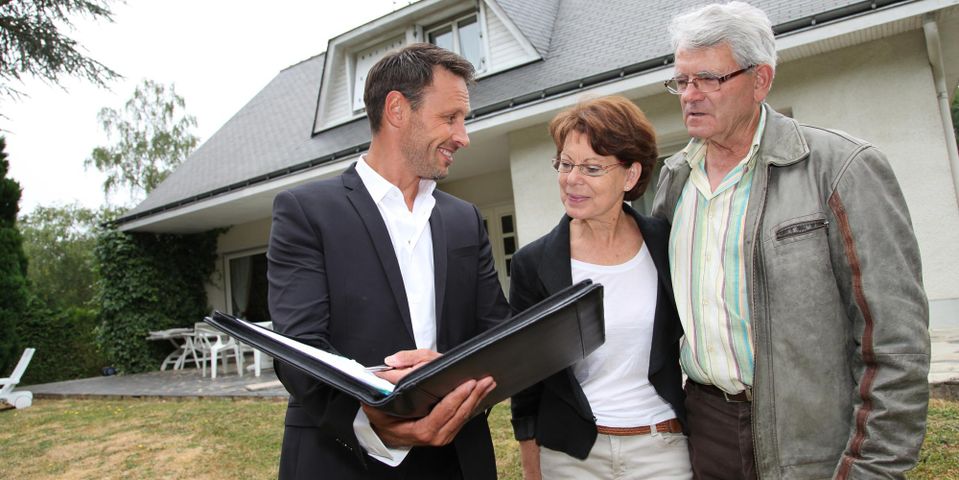What to Know Before Buying a Home With a Well

You found the perfect home, but rather than relying on a public water source, the property has a well. If you’re not accustomed to private water wells, it is a good idea to do some research. Well inspections, maintenance, and repairs are essential components of owning a water well. Here’s what you need to know about private wells before buying a house.
A Guide to Home Water Wells
Installation
Ask the real estate agent or home seller for information about the well installation. They should have an original well log, which will tell you how and when your well was installed and how long it has been in service. There are two main types of wells: drilled and bored. A drilled well is preferable, because it is much deeper and has a lower risk of contamination than bored wells. Drilled wells draw water from deep within the bedrock and allow for a higher, more reliable yield.
The average well has a serviceable life of 20 years with proper maintenance. If you’re dealing with an older well, you’ll need to have a water well drilling service construct a new one as soon as possible. You can request the previous owner do this before you make the purchase, or you can negotiate a lower price. Always schedule a well inspection before buying a house to uncover and evaluate any issues. This is key to ensuring leverage in negotiations.
Testing
 Testing water is as simple as taking a sample from the tap and sending it to a water testing lab. Wells should be checked and tested every year for water purity, contaminants, and problems with the components. Check the well log for past testing results. These tests check for qualities such as hardness, pH level, mineral levels, and bacteria. Be aware that labs might not automatically screen for radon, a potentially toxic element that can be found in some sources of groundwater. If the seller is holding you responsible for water testing, make sure to request that the lab screens for radon as well.
Testing water is as simple as taking a sample from the tap and sending it to a water testing lab. Wells should be checked and tested every year for water purity, contaminants, and problems with the components. Check the well log for past testing results. These tests check for qualities such as hardness, pH level, mineral levels, and bacteria. Be aware that labs might not automatically screen for radon, a potentially toxic element that can be found in some sources of groundwater. If the seller is holding you responsible for water testing, make sure to request that the lab screens for radon as well.
Location
Any house with a private well also has a septic tank to process waste, which can sometimes fail and leak into the ground. To prevent potential contamination, wells must be placed at least 100 feet away from septic tanks. Properties should have at least one acre to keep these systems at an acceptable distance. To protect your water supply from the downhill flow of contaminants like oil from driveways, the well cap should be located uphill or at ground level.
If you have your eye on a new home and need a well inspection before you buy, contact Marshall Eye Jr. Water Well Drilling & Repair Service. These excavation contractors specialize in water well maintenance, repairs, and installations. For over 60 years, their experienced team has used safe and effective techniques to give Potosi, MO, residents and businesses access to clean drinking water at affordable prices. Call (314) 541-6239 or visit them online for more information about their services.
About the Business
Have a question? Ask the experts!
Send your question

